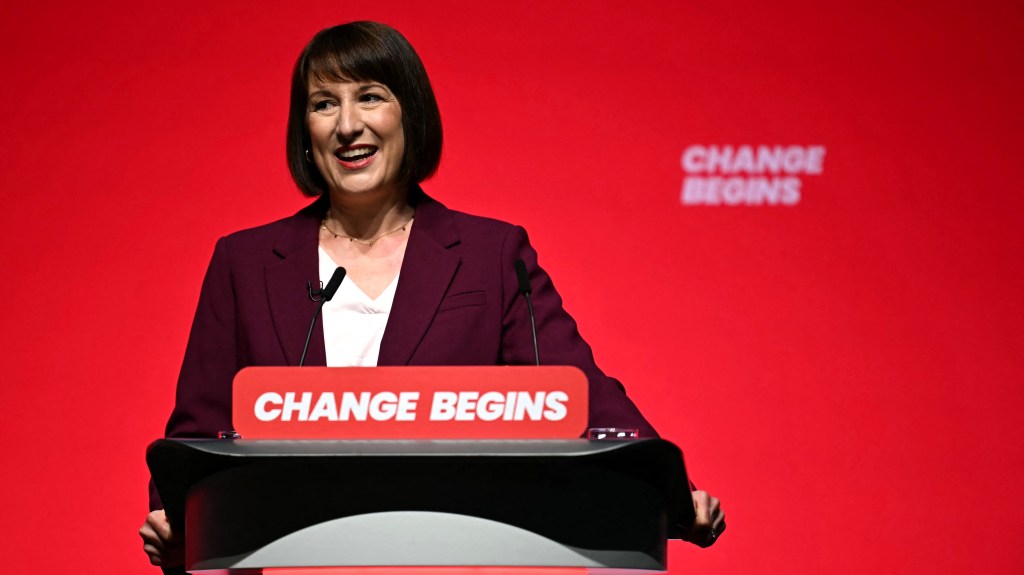FTSE 100 Flat as Market Rebound Fades
London’s stock market relinquished initial gains as an Asian market rebound, following yesterday’s global sell-off, fizzled out.
The FTSE 100 opened about 40 points higher but by midday was up only 3 points, or 0.04%, at 8,011.23. The more domestically oriented FTSE 250 increased by 70 points, or 0.36%, to 20,310.47.
Markets in Germany and France dipped by 0.15% and 0.55% respectively. Futures markets suggest US markets will open higher.
The early rise in Asia came after Tokyo’s Nikkei 225 surged by 10.2%, or 3,217.04 points, to 34,675.46, recovering from a 12.4% decline on Monday—the largest one-day drop since the 1987 Black Monday crash.
South Korea’s Kospi rose by 3.8%, and Australia’s ASX 200 saw a 0.4% increase. Hong Kong and mainland China markets remained flat.
The yen slightly weakened against the dollar this morning, following a sharp rally over the past month, which was blamed for the stock market turmoil.
A stronger yen impacted hedge funds that leveraged a carry trade strategy—borrowing in low-interest economies like Japan to invest in higher-yielding assets—causing significant market volatility.
Mark Dowding, chief investment officer at BlueBay Asset Management, noted that several macro funds, which bet on currency and securities prices, seemed to be caught on the wrong side of the trade.
According to the Dutch bank ING, Japan’s ultra-loose monetary policy has spurred cross-border yen borrowing for trades. Data from the Bank for International Settlements revealed a $742 billion increase in this practice since the end of 2021.
Global markets have been jittery since last week’s disappointing US manufacturing and jobs data heightened fears of a potential US recession. The figures indicated the world’s largest economy might be slowing due to prolonged high-interest rates by the US Federal Reserve.
Austan Goolsbee, president of the Chicago Federal Reserve Bank, calmed nerves by stating that Friday’s weak July jobs report did not indicate a recession. Mary Daly, president of the San Francisco Federal Reserve, emphasized the importance of preventing a labor market downturn and suggested openness to cutting interest rates proactively.
Chris Beauchamp, chief market strategist at IG, remarked, “Seeing Japan down 10-12% is understandably alarming, but yesterday’s reaction may have been excessive. It’s typical to observe market weakness this time of year. The key question is whether it marks a reset or if further declines are imminent.”
Global share prices saw trillions wiped in yesterday’s sell-off. On Wall Street, the S&P 500 fell 3%, and the Nasdaq Composite dropped 3.4%.
Major US tech stocks contributed significantly to the losses. Amazon fell 4.1%, while Nvidia, a designer of AI chips, dropped another 6.4%, totaling a 29% decline since its peak in June, partly due to production issues reported with its main supplier, Taiwan Semiconductor Manufacturing Company.
In London, the FTSE 100 concluded Monday with a 166-point drop, or just over 2%, to 8,008, marking its worst single-day points loss since mid-March the previous year. France’s CAC 40 fell by 1.4%, and Germany’s Dax decreased by 1.8%.




Post Comment